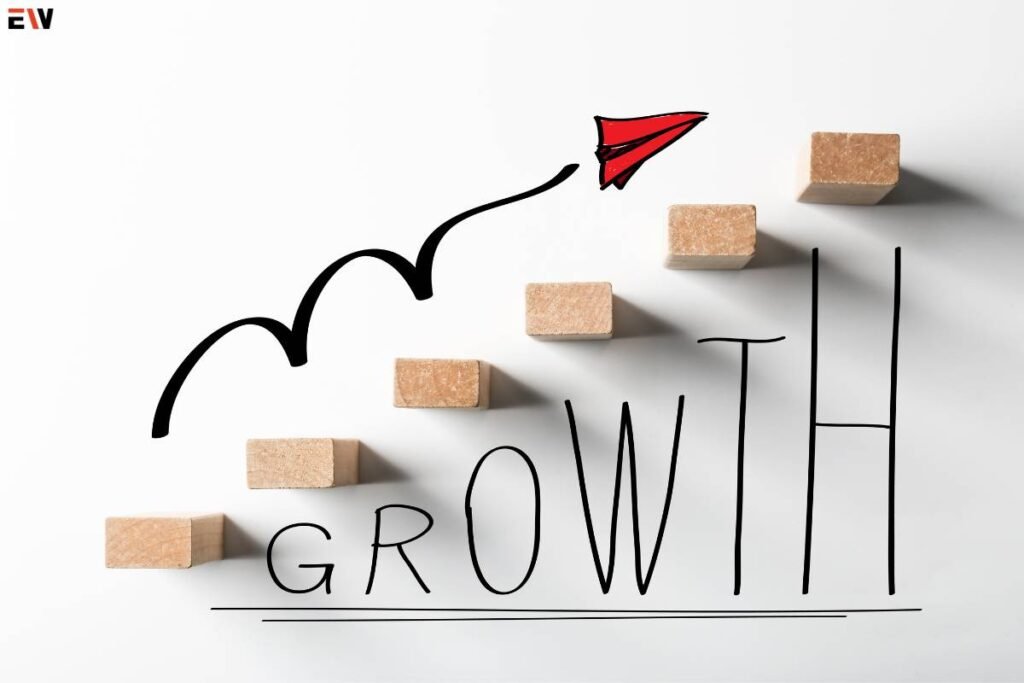Every business aims to grow and increase its sales. There are two primary ways to achieve sales growth: organic and acquisition growth. Organic growth refers to a business expanding its sales by increasing its market share, introducing new products or services, and improving operational efficiency. On the other hand, acquisition growth refers to a business acquiring other companies to increase its sales and market share. In this essay, we will explore the pros and cons of organic and acquisition growth, and discuss some strategies that businesses can use to fuel their sales growth by organic and acquisition growth.
Some Strategies That Businesses Can Use to Fuel Their Sales Growth by Organic and Acquisition Growth:
1. Organic Growth
Organic growth is a slow and steady process that involves expanding a business’s sales through internal efforts rather than external acquisitions. Here are some advantages and disadvantages of organic growth:

Advantages
- Control: With organic growth, a business has full control over its expansion efforts. It can choose the pace of growth, which areas to focus on, and the strategies to employ.
- Sustainability: Organic growth is more sustainable in the long run, as it is based on a business’s internal capabilities rather than external factors such as acquisitions that may be subject to market fluctuations.
- Improved profitability: Organic growth can result in improved profitability as a business expands its sales without taking on the additional costs associated with acquisitions, such as integration costs and debt servicing.
Disadvantages
- Slow growth: Organic growth is often slow, as it requires a business to build its sales from within, rather than through external acquisitions.
- Limited resources: Organic growth can be challenging for small businesses with limited resources, as it requires investment in research and development, marketing, and other areas to expand sales.
- Risk: Organic growth can be risky if a business’s internal capabilities are not sufficient to support the expansion efforts. In such cases, growth may result in reduced profitability or even failure.
2. Acquisition Growth
Acquisition growth involves a business acquiring other companies to increase its market share and sales. Here are some advantages and disadvantages of acquisition growth:

Advantages
- Rapid growth: Acquisitions can result in rapid growth for a business, as it can quickly gain access to new markets, customers, and products or services.
- Diversification: Acquisitions can help a business diversify its revenue streams by acquiring companies in different industries or regions.
- Cost savings: Acquisitions can result in cost savings through economies of scale and the elimination of redundant costs.
Disadvantages:
- Integration challenges: Acquisitions can be challenging to integrate into a business’s existing operations, culture, and systems. This can result in reduced efficiency and increased costs.
- Debt: Acquisitions often require significant debt financing, which can result in increased interest expenses and reduced profitability.
- Reduced control: Acquisitions can result in reduced control over a business’s operations, as the acquired company may have different management styles, cultures, and processes.
Strategies for Fueling Sales Growth:
- Develop a growth strategy: Every business needs a clear growth strategy that outlines its goals, target markets, and the strategies it will employ to achieve growth. The strategy should take into account the business’s internal capabilities, competitive landscape, and external market factors.
- Invest in research and development: To fuel organic growth, businesses need to invest in research and development to introduce new products or services that meet the needs of their customers.
- Focus on customer experience: To fuel sales growth, businesses need to focus on delivering an exceptional customer experience that encourages repeat business and positive word of mouth.
- Leverage technology: Technology can help businesses fuel growth by improving operational efficiency, reaching new customers, and introducing new products or services. Businesses can use digital marketing, e-commerce platforms, and data analytics to identify trends, target customers, and optimize their sales channels.
- Pursue strategic acquisitions: Businesses should pursue acquisitions that align with their growth strategy and complement their existing operations. They should conduct thorough due diligence to ensure that the acquired company has a sound financial position, compatible culture, and synergies that can be leveraged to improve profitability.
- Build partnerships: Businesses can fuel growth by building partnerships with other companies that can help them expand their sales channels, reach new customers, or introduce new products or services. These partnerships should be based on a shared vision, trust, and mutual benefit.
- Develop a sales culture: To fuel sales growth, businesses need to develop a sales culture that encourages and rewards sales efforts. They should invest in training, incentives, and performance metrics that align with their growth strategy.

BOTTOM LINE
Businesses can fuel their sales growth through organic and acquisition growth strategies, each with its advantages and disadvantages. Organic growth is slow and steady, while acquisition growth is rapid and requires significant investment. To fuel sales growth, businesses need to develop a clear growth strategy, invest in research and development, focus on customer experience, leverage technology, pursue strategic acquisitions, build partnerships, and develop a sales culture. Ultimately, the best approach depends on a business’s unique circumstances, goals, and internal capabilities. By carefully considering these factors and implementing effective growth strategies, businesses can achieve sustainable sales growth and long-term success.










